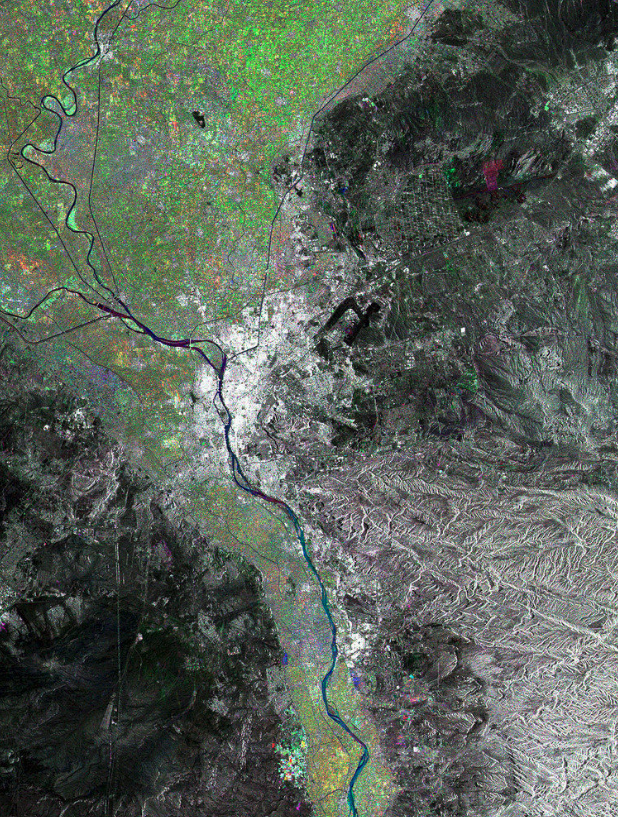Climate adaptation must be reframed from a local issue to a global responsibility

Introduction
When negotiating the Paris Agreement, many countries called for a stronger focus on adaptation. This call became more powerful after the Intergovernmental Panel on Climate Change (IPCC) outlined the high likelihood of unavoidable climate change impacts in its Fifth Assessment Report. The result was Article 7.1. of the Paris Agreement, which established a new – and unprecedented – global goal on adaptation.
This brief from SEI, the Overseas Development Institute, and the Institute for Sustainable Development and International Relations (IDDRI) argues that the critical importance of adaptation is still under-valued in international negotiations. Specifically, the view that adaptation is a local problem is holding back ambition to pursue a global adaptation agenda that seeks solutions beyond the local-to-national level.
There is a need to adopt a transboundary view of climate risk, which explicitly recognises the interconnections between people, ecosystems and economies in a globalised world, changes the scope and nature of the adaptation challenge, and creates opportunities to reinvigorate international cooperation on adaptation
*The text below provides a summary of the brief. Downloadthe full publication on the right-hand column for much more information.
Adaptation Options
Researchers from SEI, ODI and IDDRI argue that the international community should focus more on adaptation – and not just at the national level. National adaptation plans and finance efforts must tackle transboundary climate risk.
Climate risk is often borderless, with impacts in one country creating risks and opportunities in others. Yet it is still largely addressed through a national lens.
“The opportunity provided by the Paris Agreement to meet the global adaptation challenge is currently being missed,” said Magnus Benzie, an SEI research fellow who is the lead author of the brief. “If we continue down the current path – where adaptation is viewed as a local problem – climate risks could increase as impacts shift from one country to another.”
Recommendations to the UNFCCC
The brief provides several recommendations on how the United Nations Framework Convention on Climate Change (UNFCCC) could encourage better accounting of transboundary climate risk. Such steps could begin before this year’s Conference of the Parties (COP24) in Katowice, Poland.
Recommendations to the UNFCCC include:
- Adaptation should be envisioned as a global challenge, and as a global opportunity to harness international cooperation to address cross-border risks through transboundary adaptation
- Future adaptation communications should summarise the contribution by each party to global adaptation and highlight exposure to transboundary climate risk
- The global stocktake should do more than aggregate national contributions; it should track additional metrics on transboundary climate impacts and global adaptation measures
- The Adaptation Committee could initiate discussions on how to identify and address the range of transboundary risks
- The Least Developed Countries Expert Group could include guidance on the transboundary dimensions of adaptation in its guidance for National Adaptation Plans
- Support should be provided to ensure the ability to adapt to transboundary risks
The brief also provides recommendations for non-Party and non-state actors, donors, climate finance institutions, Parties, and stakeholders. For example, climate finance is often tied to national adaptation plans; the brief suggests this could be broadened so that regional adaptation actions can also draw on climate funding.
“Transboundary climate risks are already detectable around the globe, demonstrating a clear need for mechanisms to address them at the international level,” said Erin Roberts, a research associate at ODI who is an author of the brief. “The time is right to seize the momentum of the Paris Agreement to address adaptation as a global challenge and ensure that this occurs within the global climate regime.”
Further Reading
Read more about the brief here or download the pdf on the right hand column.
You might also be interested in:

Comments
There is no contentYou must be logged in to reply.